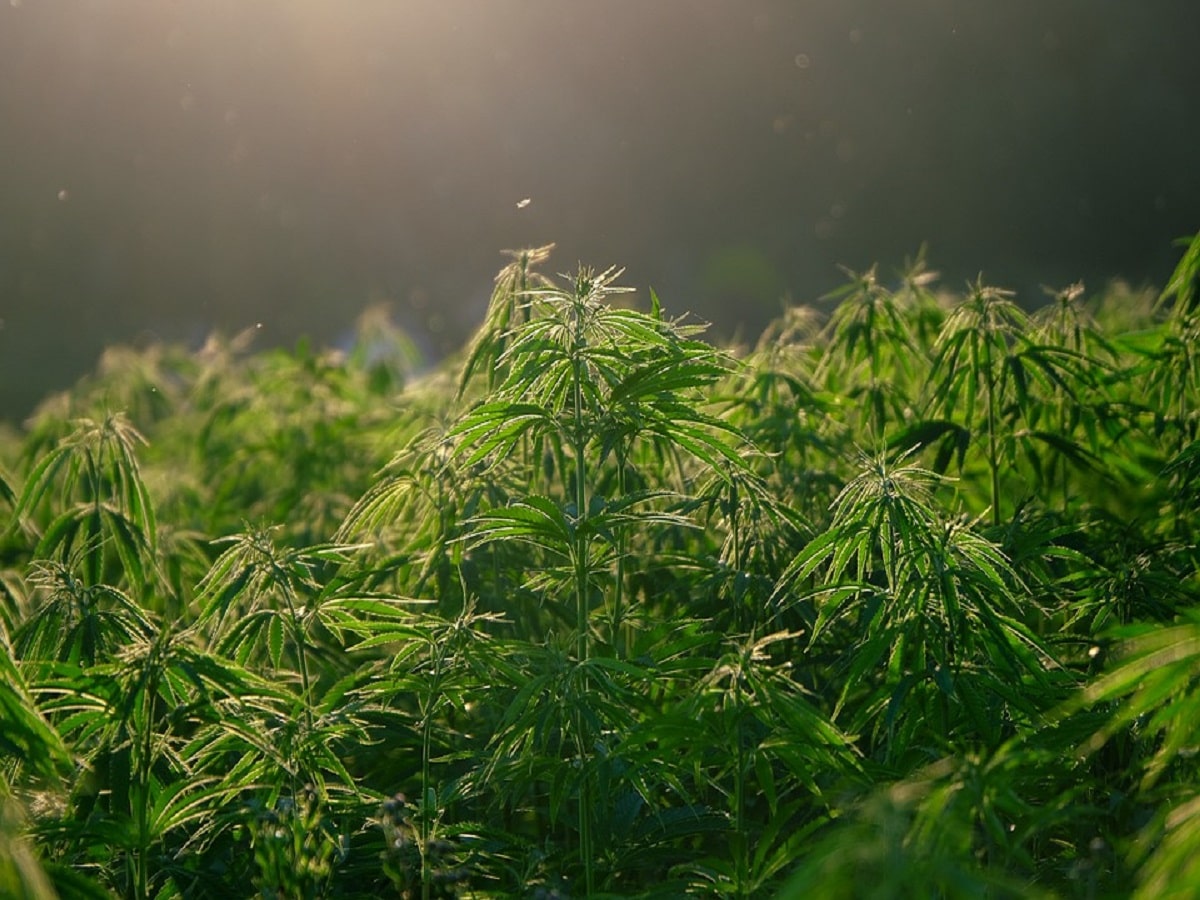SANDUSKY, Ohio, Nov. 3, 2021 /PRNewswire/ — There has been a great deal of misinformation and misunderstanding about delta 8 THC.
Delta8.co, a website publication of TC Distribution, LLC, has obtained a recent September 2021 letter from the US DOJ-DEA regarding delta 8 THC. In the letter, the DEA has clarified its position on delta 8 THC and other THCs from hemp plant materials, stating the THCs derived, even synthetically, from hemp materials are legal. This directive is welcomed by the industry, as it recognizes the important distinction in how hemp-based THCs can be made – either derived from natural hemp starting materials or from non-hemp starting materials. From the DEA’s letter:
“Delta 8 THC synthetically produced from non-cannabis materials is controlled under the CSA (Controlled Substances Act) as a “tetrahydrocannabinol”.
…The CSA, however, excludes from control “tetrahydrocannabinols in hemp (as defined under section 1639o of Title 7).” Hemp, in turn, is defined as “the plant Cannabis sativa L. and any part of that plant, including the seeds thereof and all derivatives, extracts, cannabinoids, isomers, acids, salts, and salts of isomers…”
The significance of this clarification cannot be overstated. For over a year now the Delta 8 industry has operated in a perceived grey area due to confusion over an Interim Final Rule released by the DEA on August 20, 2020 saying synthetic compounds were illegal without ever fully defining the term “synthetic”. This release completely eliminates that grey area and shows that there are two forms of synthetic delta 8 with one being good (derived from hemp – legal) and one being bad (made from non-hemp materials – illegal).
There are ultimately two main requirements for a Delta 8 product to be legal under the definition of hemp:
- It must be derived from hemp (again, naturally or synthetically produced from cannabis materials is legal; but synthetically produced from non-cannabis materials is illegal).
- It may not contain more than 0.3% Delta 9 THC.
There is little industry concern about Delta 8 being made from anything other than hemp, as converting CBD into Delta 8 is known to be the easiest and most cost effective way to create the compound.
However the second piece has proven more challenging. Much of the Delta 8 in the industry appears to be over the 0.3% Delta 9 THC threshold and is relying on labs who cannot properly distinguish between the two compounds in order to get passing tests.
3Chi, the leading delta 8 THC company, recently made a post identifying issues with cannabis labs being unable to distinguish compounds properly on tests, stating that bad methods and poor equipment is causing labs to be unable to identify certain compounds properly.
In an interview with Justin Journay, the Founder, CEO and Chief Scientist of 3Chi, confirmed the post and shared insights regarding the status of the testing industry and their plans to fix issues. He states, “While 3Chi has always employed some of the most sophisticated lab testing methods available, almost every independent cannabis lab is making mistakes when testing for delta 8 THC. Some are overstating the presence of delta 9 THC and some of the labs are saying there is no delta 9 THC when there actually is.” Journay said further, “As a company that is making compliant delta 8, we want to ensure that labs are performing the correct analysis, and 3Chi will be circulating testing methods to quickly bring all the labs up to speed. Additionally we’ll also be offering our delta 8 oil to the rest of the industry so that we can help get non-compliant oil off the shelves to avoid any potential issues for the industry.”
The letter also, again, confirms that the same exclusion to the CSA applies to Delta 9 THC concentrations below 0.3%.
The DOJ-DEA letter, in its entirety can be found here: DOJ-DEA Letter Regarding Natural Hemp-based THC Materials
SOURCE TC Distribution, LLC
Related Links
Source: PRNewswire

